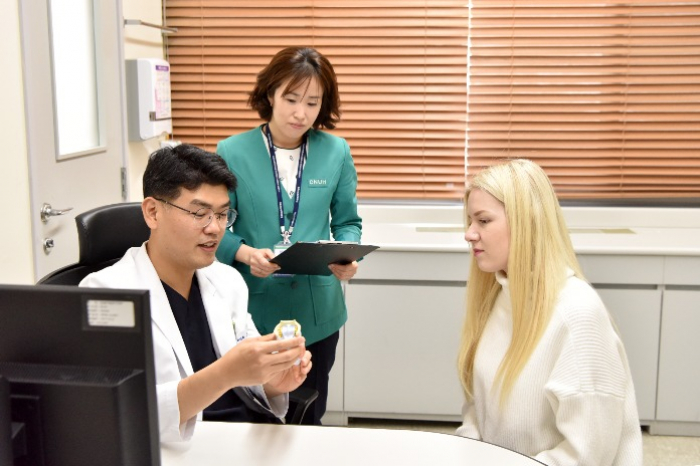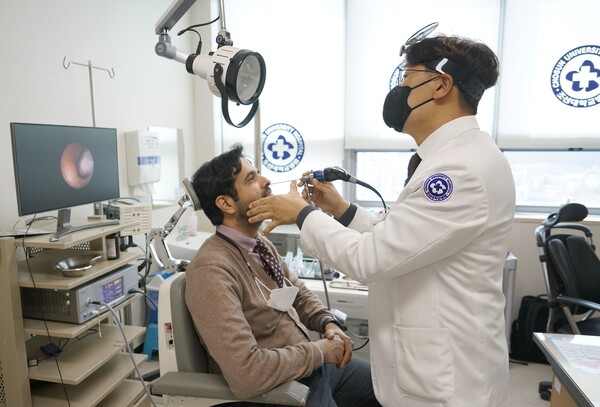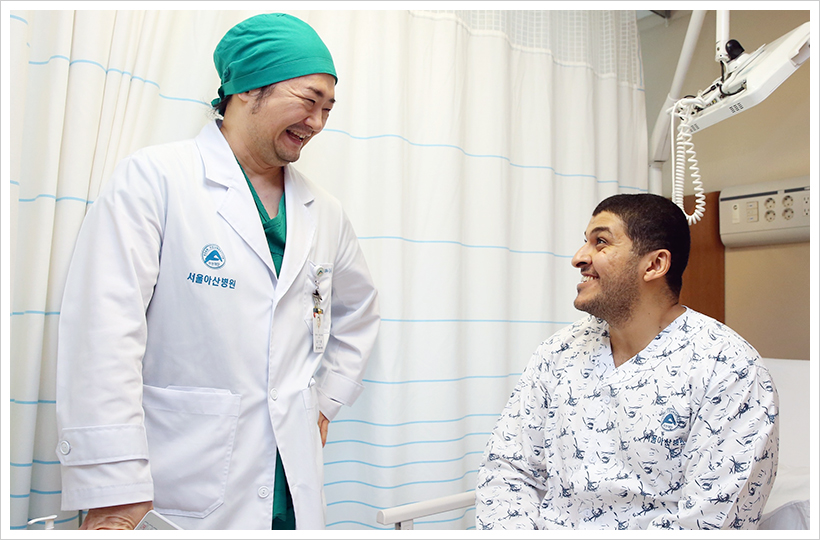The Importance of Korean Medical and Healthcare Translation in 2023
-
 AUTHOR Jennie Tran
AUTHOR Jennie Tran - PUBLISHED ON: 8월 14, 2023
- PUBLISHED IN: Translation

In recent years, South Korea has emerged as a global leader in the field of cosmetic surgery, earning the title of the "Cosmetic Surgery Capital of the World" with 24% of all cosmetic surgeries. Along with the rising status of plastic surgery in South Korea, the country's contribution to international healthcare and medical cooperation has also grown significantly. As a result, the need for accurate and effective Korean medical and healthcare translation has become increasingly vital in 2023.
The Rise of Medical Tourism in South Korea
The rising status of plastic surgery in South Korea has also led to a growing demand for medical tourism, with patients from around the world seeking cosmetic procedures in the country due to its reputation for high-quality and affordable care. A report by Statista stated that as of 2018, the cumulative number of patients who visited Korea exceeded two million , with medical services growing in popularity. This has resulted in the need for accurate translation of medical documents, such as patient records, consent forms, and post-operative instructions, to ensure effective communication between patients and healthcare providers, regardless of their language or cultural background.

The Vital Role of South Korea in Global Medical Research and Healthcare Development Collaboration
Furthermore, South Korea has been actively engaged in international healthcare and medical cooperation, with increasing investments in health ODA (Official Development Assistance) and collaborations with global organizations. According to a report by Donor Tracker, South Korea has prioritized health ODA in its development budget, with a jump from 11% in 2018 to 13% in 2023. The country's contributions to organizations such as the Global Fund, a major international financing institution for health programs, have been significant, with South Korea being ranked as the Fund's sixth largest supplier of medicines and second largest supplier of diagnostic devices. This highlights the need for accurate translation of medical and healthcare-related documents for effective communication and cooperation with international partners.

South Korea has recently launched the K-Bio Vaccine Fund, a government initiative aimed at supporting global clinical trials and boosting exports of pharmaceutical bioproducts. The initial capital for the fund will be KRW500 billion (equivalent to US$380 million) in the first half of the year, and efforts will be made to raise more funds to achieve a total of KRW1 trillion (equivalent to US$760 million) by 2025 This initiative requires effective translation of documents related to clinical trials, regulatory approvals, and export regulations to facilitate communication and collaboration between South Korean companies and international organizations such as the Global Fund, FIND, and multilateral development banks.

Challenges in Korean Medical and Healthcare Translation
Recognizing the rising need and paramount importance of accurate Korean medical translation, it is crucial to note that there are inherent challenges in translating medical and healthcare content from Korean to other languages.
- Technical Terminology: Medical and healthcare terminology can be highly technical and specialized, making it challenging to accurately translate these terms into Korean. Moreover, Korean has its own unique writing system, Hangul, which requires expertise and precision in translation to ensure accurate understanding by Korean-speaking patients, healthcare providers, and other stakeholders.
- Cultural Nuances: Language and culture are closely intertwined, and healthcare practices and beliefs can vary across different countries and regions. Translating medical content requires taking into consideration cultural nuances and sensitivities. For example, certain medical conditions or treatments may have different social stigmas or perceptions in Korean culture compared to other cultures. Translators need to be aware of these cultural nuances and ensure that the translations are culturally appropriate and sensitive.
- Regulatory Requirements: Medical translation may also need to adhere to regulatory requirements and guidelines set by local health authorities. Different countries have their own regulations for medical documentation, such as drug labels, clinical trial reports, and patient consent forms. Translators need to be familiar with these regulations and ensure that the translations comply with the local regulatory requirements in Korea.
- Linguistic Differences: Korean and English, as well as other languages, have different grammatical structures, syntax, and writing styles. Translating medical content requires not only accurate translation of individual words but also proper structuring of sentences and paragraphs to convey the intended meaning. Translators need to be skilled in both the source and target languages to ensure that the translations are grammatically correct and convey the intended meaning clearly.
- Time Sensitivity: In the medical field, time is often of the essence. Translations of medical documents, such as patient records, lab results, or emergency instructions, may need to be completed urgently to ensure timely and appropriate medical care. Translators need to work efficiently and effectively to meet the time-sensitive nature of medical translation.

To Wrap Up
The importance of Korean medical and healthcare translation cannot be overstated in 2023. The challenges of translating complex medical terminology, the rising status of plastic surgery in South Korea and the associated demand for medical tourism, and the country's increasing contributions to international healthcare and medical cooperation all highlight the need for accurate and effective translation of medical documents. Accurate translation ensures that patients, healthcare providers, and other stakeholders can communicate effectively, regardless of language or cultural barriers, and promotes safe and high-quality healthcare delivery in South Korea and beyond.
At MOBICO by Saltlux Innovation, we are committed to delivering top-notch translation and localization services. Whether it's medical documents, research papers, or other healthcare-related content, our skilled teams are well-equipped to provide accurate outcomes that cater to the unique needs of Korean medical translation. Contact us today to learn more about our services and how we can assist you in overcoming language barriers and achieving your translation goals in the Korean medical market!





